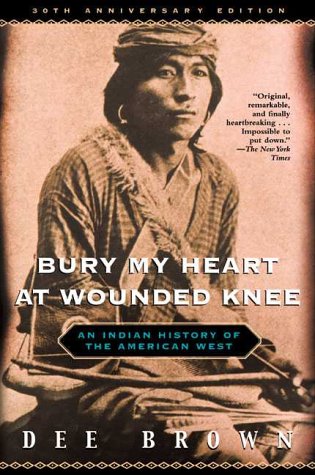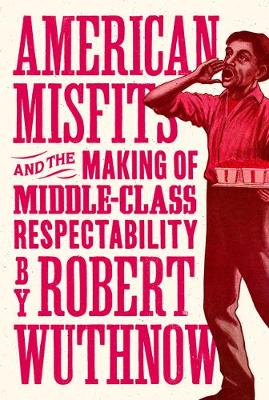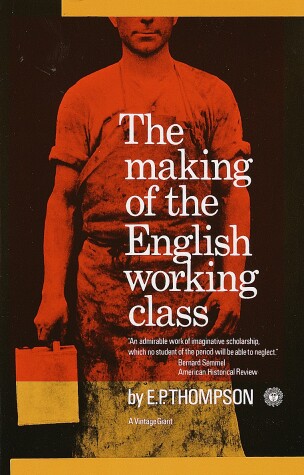Design for Social Sustainability
by Saffron Woodcraft, Nicola Bacon, Lucia Caistor-Arenda, and Tricia Hacket
Transportation and Deportation (Interface Collection, Vol 15)
by Sharon Floate, Antonio Gomez Alfaro, and Elisa Maria Lopes da Costa
Exile has been a pan-European answer to the problem of malefactors since Roman times. From the age of Discovery it has also been a useful strategy for states to fulfil the manpower needs of the burgeoning colonies of the New World, Africa and Australia. This book brings together historical accounts of the impact transportation and deportation had on the Gypsy populations of England, Spain and Portugal. In the latter two countries the open rounding-up and explusion of complete communities may be...
In this important new book, Bart Landry contributes significantly to the study of black American life and its social stratification and to the study of American middle class life in general.
The American West, 1860-1890: years of broken promises, disillusionment, war and massacre.Beginning with the Long Walk of the Navajos and ending with the massacre of Sioux at Wounded Knee, this extraordinary book tells how the American Indians lost their land, lives and liberty to white settlers pushing westward. Woven into a an engrossing saga of cruelty, treachery and violence are the fascinating stories of such legendary figures as Sitting Bull, Cochise, Crazy Horse and Geronimo.First publish...
Paths of Dalit Liberation in Kerala (Religion & Society in South Asia S.)
by George Oommen
The focus of this work is on the liberation struggle of Kerala's Pulaya dalits (oppressed or outcast peoples). It examines their conversion to Christianity, participation in ethnic social movements and alliance with the communist party - their main options against bonded slavery and humiliation.
American Misfits and the Making of Middle-Class Respectability
by Robert Wuthnow
How American respectability has been built by maligning those who don't make the grade How did Americans come to think of themselves as respectable members of the middle class? Was it just by earning a decent living? Or did it require something more? And if it did, what can we learn that may still apply? The quest for middle-class respectability in nineteenth-century America is usually described as a process of inculcating positive values such as honesty, hard work, independence, and cultural...
A seminal text on the history of the working class by one of the most important intellectuals of the twentieth century. During the formative years of the Industrial Revolution, English workers and artisans claimed a place in society that would shape the following centuries. But the capitalist elite did not form the working class—the workers shaped their own creations, developing a shared identity in the process. Despite their lack of power and the indignity forced upon them by the upper classe...
Elite Girls' Schooling, Social Class and Sexualised Popular Culture
by Claire Charles
Young women's identities are an issue of public and academic interest across a number of western nations at the present time. This book explores how young women attending an elite school for girls understand and construct 'empowerment'. It investigates the extent to which, and the ways in which, their constructions of empowerment and identity work to overturn, or resist, key regulations and normative expectations for girls in post-feminist, hyper-sexualised cultural contexts. The book provides...
A Surprising Source of Information About a Largely Forgotten Segment of the Colonial Population In an age when individuals could be owned by others, people were lost and found just like other property. Indentured servants and slaves absconded from the custody of their masters, and their value prompted the masters to seek their return. Wives ran from abusive husbands or into the arms of another. Newspapers in the eighteenth and nineteenth centuries carried large numbers of advertisements offeri...
What do Oman, Nigeria and Tonga have in common? They all have monarchies. No matter where, royalty always has certain characteristics - a distance from the common people (in Tonga the older people still throw themselves to the ground as the king passes); flamboyant ceremonials, a household of courtiers coronations and so on. The book has its more serious side in the examination of processes of government and the difference between absolute and democratic monarchies, it also an entertaining, witt...














